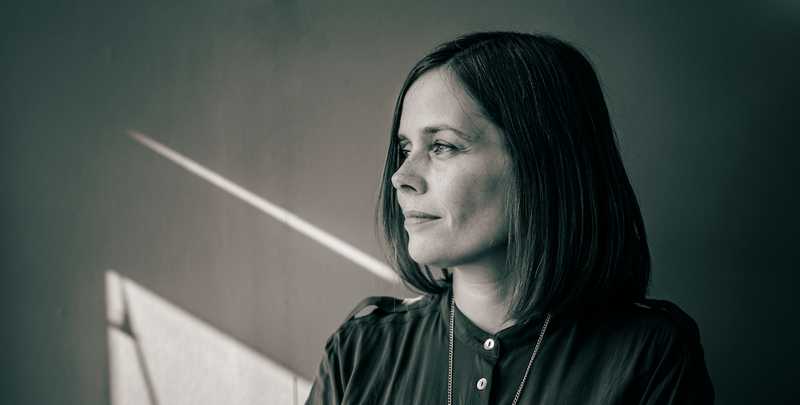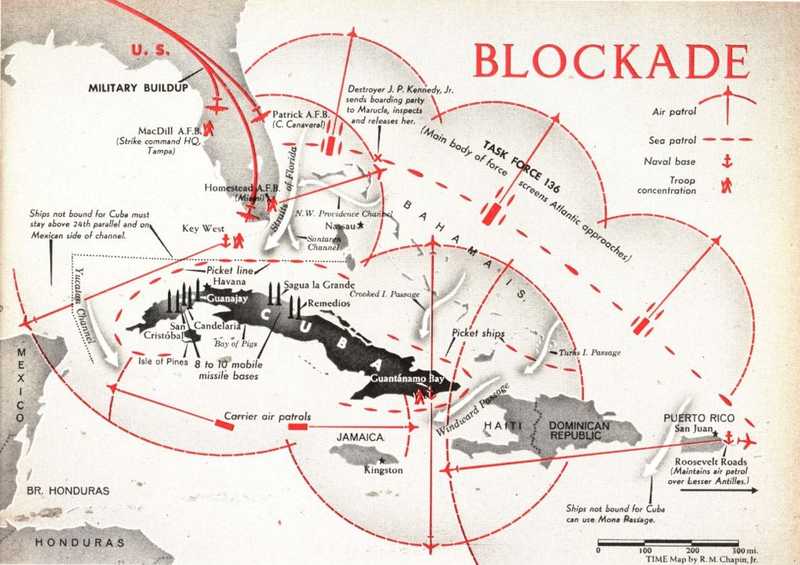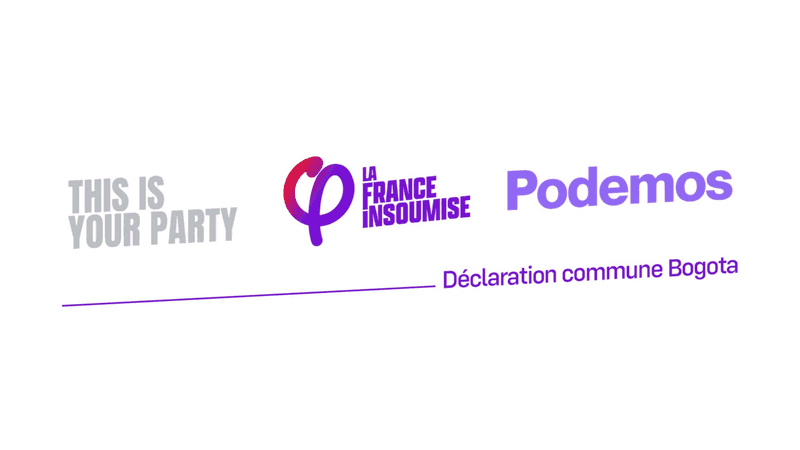
Interpreted as a warning — rather than a maxim — the phrase has come back to mind, as countries around the world respond to a deadly pandemic with deep political, social and economic consequences. As emergency powers are activated and regular politics suspended, there is much need to be aware of how “a good crisis” can and will be spent.
We have already witnessed attempts to exploit the pandemic to weaken the powers of parliament and to rule by decree. This includes street presence of heavily armed police or military, threats of incarceration for violating the law, and extraordinary executive powers. New laws have been adopted restricting freedoms of expression, with an increase in state-sponsored use of highly sophisticated surveillance technologies, raising a potential threat to civil liberties. That the pandemic demands urgent government action and the mobilisation of all societal sectors is obvious. But it matters how it is done, and it is no less important what will follow from these interventions. The question remains whether the emergency measures, which have been adopted by many governments, will be swiftly rolled back once the crisis subsides — or whether they will permanently upset the balance between state power and civil rights, between the executive and the legislative branches of government.
If the past is any guide, we will have to brace ourselves for a nationalist backlash. Right-wing authoritarian and populist forces will seek to exploit the political anxieties created by an economic slump. It may be accompanied by demands for “re-territorializing” nation-states by imposing new discriminatory border regimes through the identification of Covid-19 with the “other”: the stranger, the foreigner, the external danger. Such a nationalistic response to a fundamentally transnational crisis will only deepen divisions between states and within them. What German sociologist Ulrich Beck once called the “risk society” in a globalised world – involving pandemics, climate change, pollution, nuclear accidents, etc. – does not respect borders or other sovereign demarcations. Such risk factors are “democratic” in the sense that they are faced by humanity as a whole, even if they do so unevenly. Lacking infrastructure and unable to afford "societal risk managers", poor countries are poised to suffer more as a result of the pandemic than rich ones. For the Global South, it can result in major restrictions of freedom of movement, as well as tightened export markets and limited access to financial resources. Some countries of the Global North are already witnessing class and race-based patterns in fatalities, as the better off are more likely to be able to shield themselves from social contact at work and at home. In other words, the fight against the coronavirus cannot be divorced from the global and local struggle against social inequalities. This includes countering attempts to redistribute societal risks by transferring them to the most vulnerable states and communities. Indeed, if there is one thing that the pandemic has shown, it is that the fragility of the human condition is universal — not restricted to “imagined communities” in the form of national sovereign territories.
The current crisis is already fuelling many harmful political and social practices. Sexist policies have been adopted, including attempts to restrict access to pregnancy termination by categorising them as nonessential operations. Demand for violent pornography has risen, encouraged by pornographers offering free content. Isolation measures in response to the pandemic have led to a surge in domestic violence, while reports to police and child protection services are in a steep decline. At the beginning of the virus-outbreak, increased racism and xenophobia were mainly visible towards people of Asian descent. But border lockdowns and other extreme measures pose a threat to all migrants and ethnic and minority groups across the world. Thus, a further weakening of the post-World War II protections for refugees and asylum seekers is a real threat. It is ever more important to support international human rights laws – which are rooted in a set of principles, including non-discrimination – as a counterweight to the ever-present nationalist temptation to exclude outsiders.
The question remains what this crisis will do to our democracies. Draconian measures have eased the pressure on health systems in some, if by no means, all countries and lessened the human toll of the pandemic. Democratic politicians, however reluctantly in many cases, are increasingly delegating to health experts the effort to contain the crisis, even if some have sought to play politics with it. Of course, questions are bound to surface about how far authorities should go when expert advice dictates “confinement” or “distancing” or when vested economic interests make demands on governments. But what the Covid outbreak has demonstrated, once again, is that universal healthcare and robust welfare systems are not only essential ingredients of social justice but also of properly functioning societies. This has not, however, prevented misinformation from circulating about the virus to target vulnerable groups and to espouse exclusivist nationalist ideas.
In a time of emergency, we urgently need to forge global solidarities and collaboration between progressive forces across borders and against an authoritarian and populist right bent on using the crisis to advance its regressive agenda. A Progressive International provides the platform to build movements, create policies and exchange ideas about much needed societal changes. For this reason, the Icelandic Left Green Movement takes part. If there ever was a time to act up – to make history – it is now.
Photo: Kim Wendt, NordForsk




